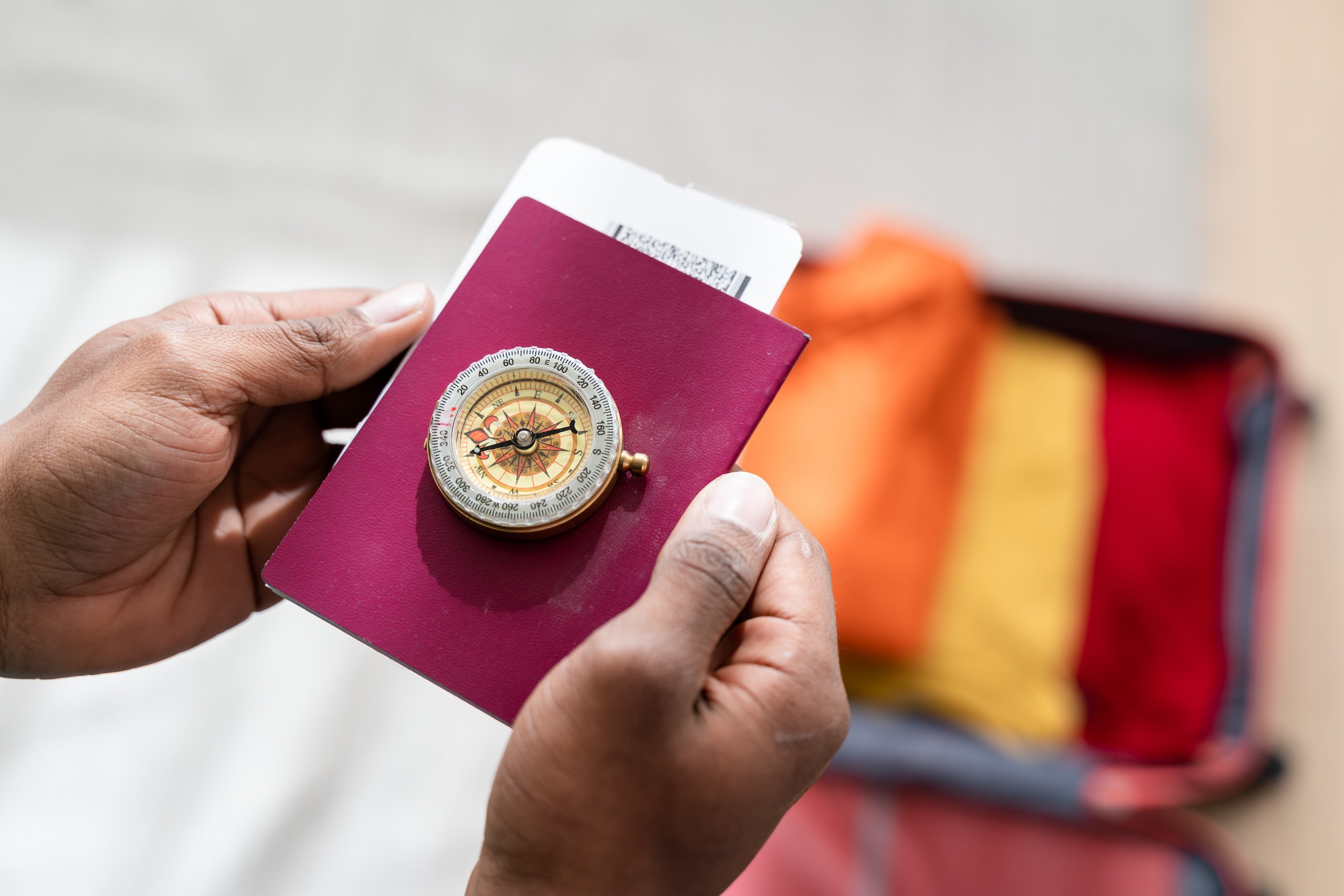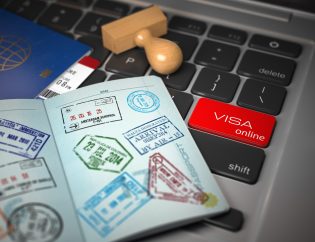
Heritage citizenship offers a unique pathway to dual nationality, connecting individuals with their ancestral roots while providing practical benefits such as expanded mobility, tax advantages, and access to new opportunities. For many, it’s a way to embrace cultural heritage and unlock global privileges.
This article explores the concept of heritage citizenship, its benefits, and how to navigate the application process.
1.
What Is Heritage Citizenship?
Heritage citizenship refers to the process of obtaining citizenship in a country based on ancestral ties. Many countries offer this pathway, including:
- Italy: Citizenship by descent is available for those with Italian ancestry.
- Ireland: Those with an Irish-born grandparent can apply for Irish citizenship.
- Poland: Descendants of Polish nationals may qualify under specific conditions.
Example: An American with Italian grandparents successfully acquired Italian citizenship, granting them EU rights and privileges.
2.
Benefits of Dual Nationality
Enhanced Mobility
- Access visa-free or simplified travel to more countries.
- Reside, work, and study in regions like the EU or Mercosur.
Tax Advantages
- Leverage favorable tax treaties or residency rules.
- Optimize financial planning for international income.
Cultural Connection
- Reconnect with ancestral heritage through language, traditions, and community.
Economic and Social Opportunities
- Access local job markets and investment opportunities.
- Benefit from national healthcare and education systems.
3.
Navigating the Application Process
Verify Eligibility
Research specific requirements for heritage citizenship in your ancestral country.
Gather Documentation
- Birth, marriage, and death certificates of ancestors.
- Proof of lineage, such as immigration or naturalization records.
Legal Assistance
Partner with experts or legal firms specializing in citizenship applications to ensure compliance and accuracy.
4.
Countries Offering Heritage Citizenship
- Italy: Offers citizenship by descent with no generational limit, provided lineage is uninterrupted.
- Ireland: Open to those with a grandparent born in Ireland.
- Germany: Available for descendants of those affected by WW2 persecutions.
- Greece: Grants citizenship to individuals with Greek parentage, even if born abroad.
5.
Challenges to Consider
Complex Documentation
Some countries require extensive proof of ancestry, which can be difficult to obtain.
Bureaucratic Delays
Applications can take years to process in certain jurisdictions.
Tax and Legal Implications
Dual nationality may lead to overlapping tax obligations or military service requirements.
6.
How Nomadic Go Can Help
Nomadic Go simplifies the journey to heritage citizenship by offering:
- Personalized consultations to determine eligibility.
- Assistance with gathering and translating documentation.
- Guidance on navigating bureaucratic requirements.
7.
Case Study: Maria, a software engineer in the U.S., worked with Nomadic Go to obtain Irish citizenship through her grandfather. She now enjoys visa-free access to the EU and has plans to relocate to Dublin for career opportunities.
8.
Why Consider Heritage Citizenship?
Heritage citizenship is more than a legal status; it’s an opportunity to reconnect with your roots while expanding your global opportunities. For professionals, families, and adventurers alike, dual nationality opens doors to new experiences and benefits.











